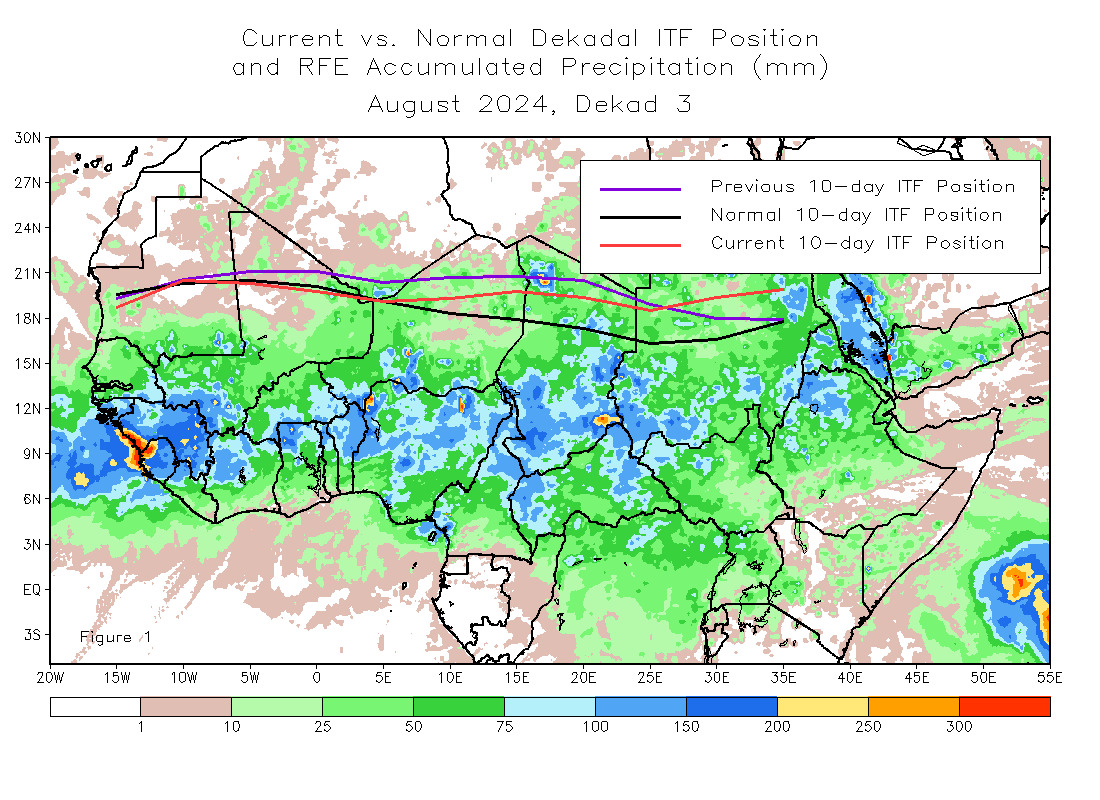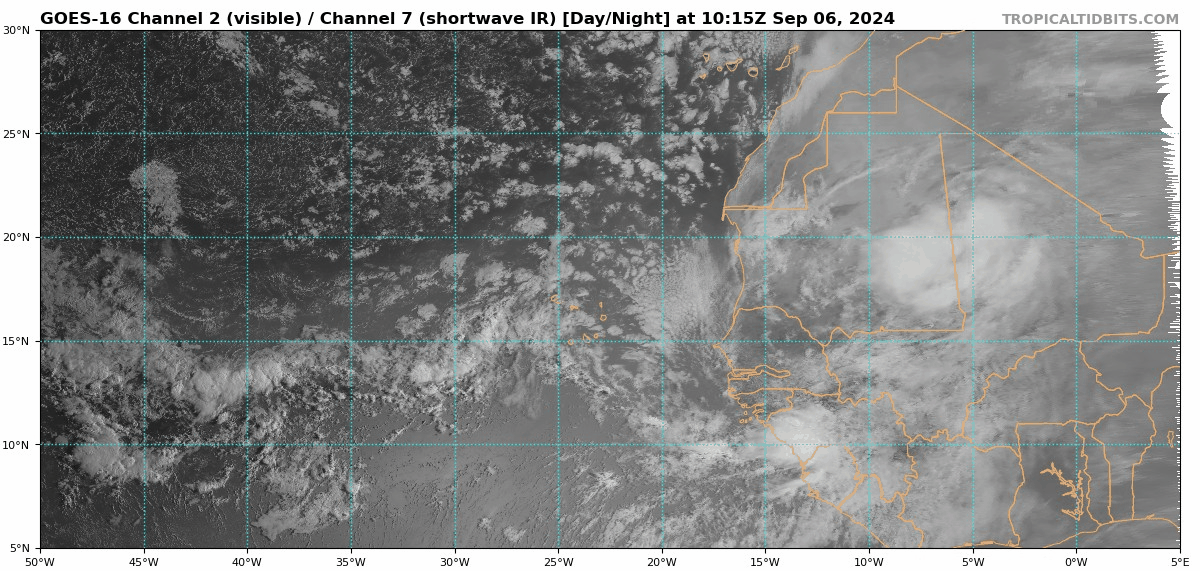jlauderdal wrote:chaser1 wrote:supercane wrote:
It's finally up.
https://twitter.com/philklotzbach/status/1831185547861114940
Link at https://tropical.colostate.edu/Forecast/2024_0903_seasondiscussion.pdf
Copied from the executive summary/abstract:
Thank you for the heads-up! Will enjoy the read in the morning (well, the part of the morning that includes daylight)
They are doing everything but raising the white flag, they are throwing out the same ideas we have already been hearing for a few weeks now, but honestly, they are educated guesses at best. It will take far more analysis than anything that can be done during the season and we may never see complete answer. This season will affect yearly forecasts for the foreseeable future, expect something very conservative next year regardless of what their analysis leads them to put out. It's embarrassing to the research community, and those looking for funding will have some serious explaining to do for the next round. See something, say something for the rest of the season, keep looking at models but until you see something actually developing, there isnt anything regardless of model agreement.
If that attitude is widespread I find it very disappointing. If anything, a major forecast bust should increase the incentive for further research to reduce the chance of it happening again. In the UK in October 1987 our Met Office failed to predict an extremely damaging billion pound loss windstorm and they were heavily vilified for it. That forecast bust, however, led to further research on cyclogenesis and extreme winds and the phenomena known as sting jets was discovered, and now forecasters know what to look for in a developing windstorm to identify the formation of a sting jet and the likelihood of extreme near-surface gusts.
https://theconversation.com/sting-jet-t ... inds-85620
Ultimately meteorology is not an exact science and expecting superb predictions all the time is unrealistic. Forecasts are probabilistic by nature, the deterministic forecast can be viewed as the most-likely outcome, but inherent uncertainty means the actual outcome may be better or worse than predicted, the probability decreasing the further away from the deterministic forecast you go. With the 2024 hurricane season forecasts, even though all agencies were predicting a hyper-active season, there was never a zero probability of an above-average but not hyper-active, or even a near average season, it is just these outcomes were much less likely given the known teleconnections prior to peak season. If I see the same Nino state and tropical Atlantic SSTs next year and we have a hurricane in the MDR in June/July I will almost certainly make the same prediction as I did this year, and I will make the same statement in the confidence/uncertainties section of the forecast document that unpredictable intra-seasonal factors may result in a less active season.























